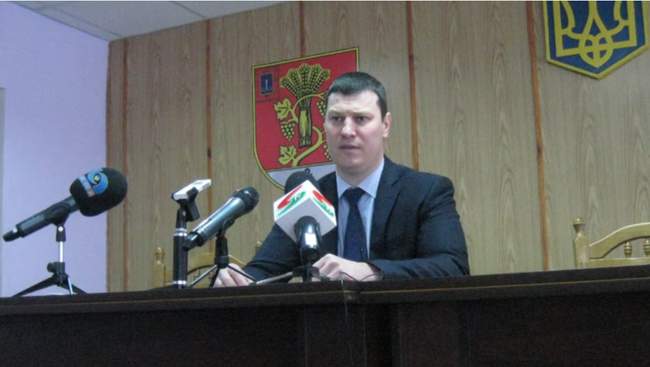Меню
Соціальні мережі
Розділи
Jan. 14, 2025, 8:24 p.m.
Judge from Odesa region who was mobilized due to criminal proceedings suspended from work
This article also available in English228

Photo: ALL
Judge Valentyn Zaveriukha of the Bilhorod-Dnistrovskyi City District Court of Odesa Oblast has been temporarily suspended from administering justice based on the decision of the First Disciplinary Chamber of the High Council of Justice.
This was reported by the High Council of Justice.
The decision to bring the judge to disciplinary responsibility and impose a disciplinary sanction in the form of a motion for dismissal was made by the First Disciplinary Chamber of the High Council of Justice on January 13, 2025.
If the body that considers cases of disciplinary liability of judges decides to impose a disciplinary sanction on a judge in the form of a motion for dismissal, such judge is automatically temporarily suspended from the administration of justice until the decision on his or her dismissal is made by the High Council of Justice. Judges are considered to be temporarily suspended from the administration of justice without a separate decision of the High Council of Justice.
The suspension of judges from the administration of justice is valid until the High Council of Justice decides to dismiss them from office or reverse the decision of the Disciplinary Chamber.
Earlier, the High Council of Justice considered a petition filed by Valentyn Zaveriukha, a judge of the Bilhorod-Dnistrovskyi City District Court of Odesa Oblast. He asked to suspend the disciplinary case against him, citing his mobilization to the Armed Forces. The HCJ ruled that the judge could participate in the hearing of his case remotely.
In January 2024, the SBU, together with the NABU, detained a judge of the Bilhorod-Dnistrovskyi Court of Odesa Oblast. According to the investigation, the judge took bribes of $3,500 to make decisions that allowed men of conscription age to avoid mobilization and go abroad.
The scheme has been in place since April 2022. During this time, more than a thousand such decisions were "formalized". The court fictitiously determined the place of residence of the children for the men, which allowed them to receive a deferral from mobilization. The scheme involved court employees, a lawyer, and intermediaries. The lawyer searched for clients and passed on bribes.
The SBU and NABU documented the fact that one of the judges received a bribe.









